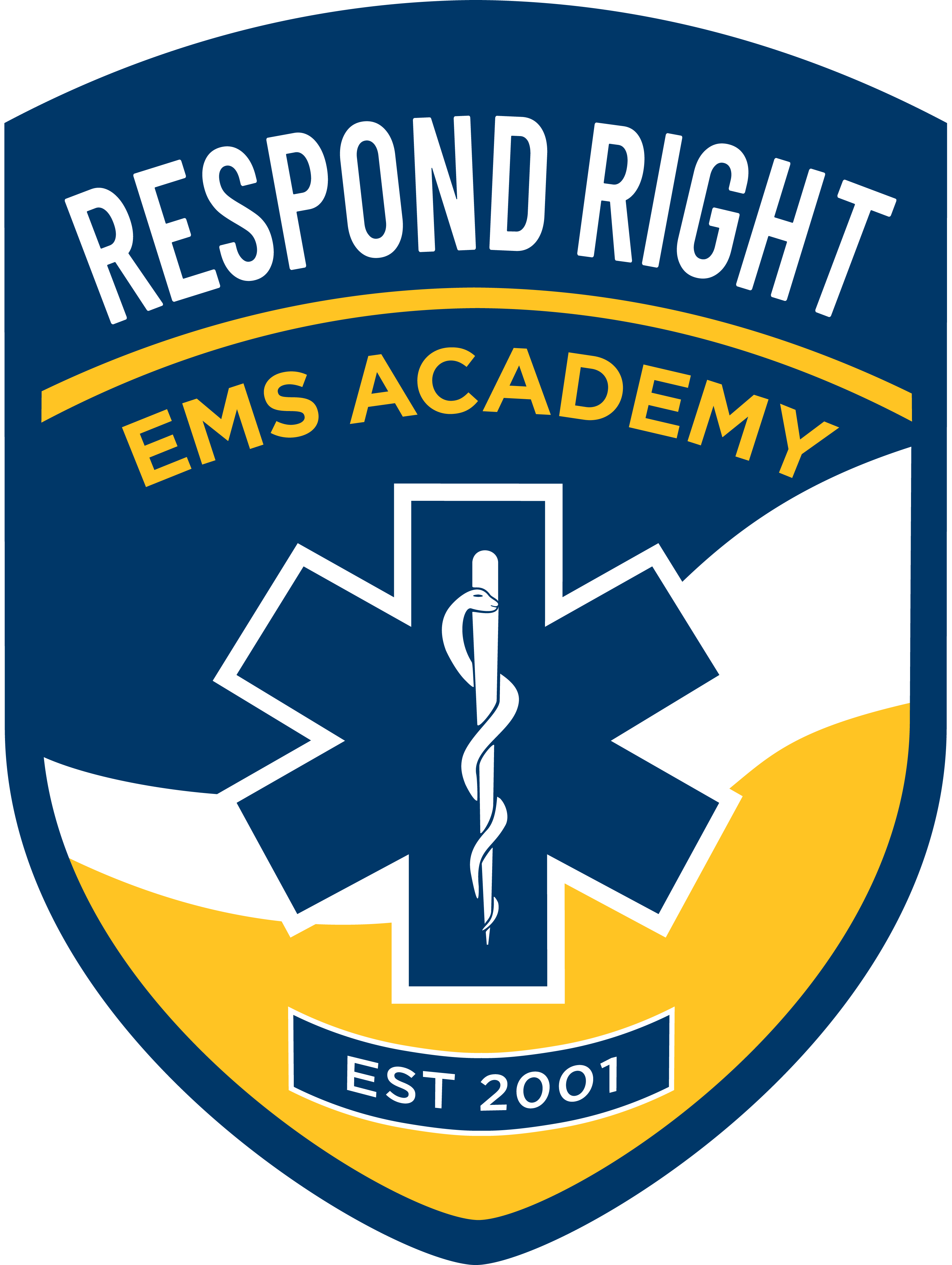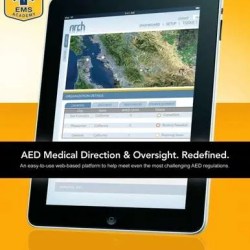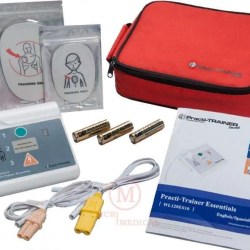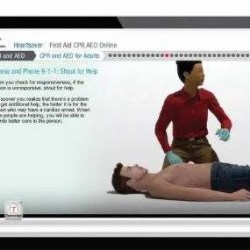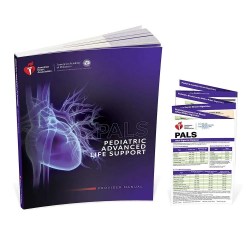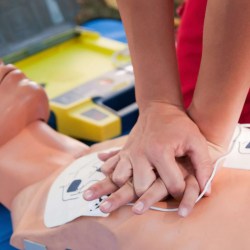
Emergency Medical Technicians (EMTs) play a critical role in providing lifesaving care during emergencies. As medical advancements evolve and protocols change, continuing education becomes essential to maintaining skills, improving patient outcomes, and staying compliant with certification requirements. Ongoing training ensures EMTs can adapt to new challenges and provide the highest standard of care.
Why Continuing Education Matters?
1. Keeping Up with Medical Advancements
Medicine constantly evolves, with new treatments, equipment, and protocols emerging regularly. Continuing education helps EMTs stay informed about the latest practices, ensuring they can apply the most effective techniques in the field. From updated CPR guidelines to advancements in trauma care, ongoing training ensures EMTs are always prepared.
2. Enhancing Patient Care
Refining skills through additional training directly impacts patient outcomes. Courses focused on airway management, cardiac emergencies, and trauma response improve an EMT’s ability to assess and treat patients effectively. Hands-on training and case studies provide real-world experience reinforcing critical decision-making skills.
3. Meeting Certification and Licensure Requirements
The National Registry of Emergency Medical Technicians (NREMT) and state EMS agencies require EMTs to complete a set number of continuing education units (CEUs) for recertification. These CEUs ensure EMTs maintain competency and stay up to date with changing protocols. We offer structured courses that help meet national and state CEU requirements.
check out our guide on How to Renew Your EMT/Paramedic Certification?
4. Advancing Career Opportunities
Continuing education opens doors for career growth. EMTs who pursue advanced training, such as Paramedic courses, specialty certifications, or leadership programs, improve their chances of securing higher-paying positions and specialized roles within EMS. Professional development can also lead to opportunities in teaching, administration, or critical care transport.
5. Maintaining Confidence and Readiness
Emergency situations demand quick thinking and confidence. Regular training refreshes skills and reinforces best practices, allowing EMTs to perform under pressure. Whether responding to a cardiac arrest, a motor vehicle accident, or a medical emergency, staying current with training ensures EMTs remain prepared. Many EMT students face many challenges with mastering skills and passing certification exams.
How to Earn CEUs for EMT and Paramedic Recertification
Many accredited programs offer CEU courses that fit into busy EMS schedules. Options include:
- Hybrid or Online Learning – Flexible courses allow EMTs to study at their own pace.
- Hands-On Workshops – In-person training enhances practical skills.
- Specialty Certifications – Advanced courses in trauma, pediatrics, or advanced airway management provide specialized knowledge.
For those needing structured CEU programs, Respond Right EMS Academy provides EMT and paramedic CEUs, including refresher training and skill-based sessions.
Stay Ahead with Continuing Education
Lifelong learning is essential in emergency medical services. By prioritizing continuing education, EMTs maintain their skills, enhance patient care, and advance their careers. Whether you’re working toward recertification or seeking new opportunities, ongoing training keeps you prepared for any challenge the field presents.
